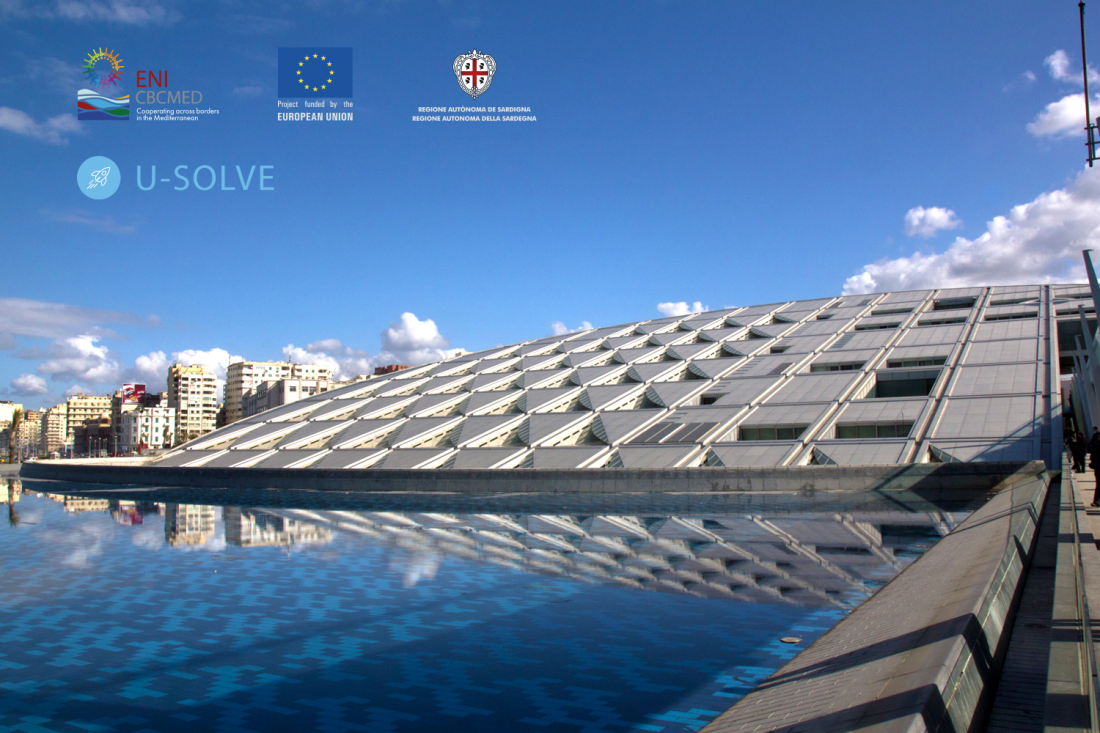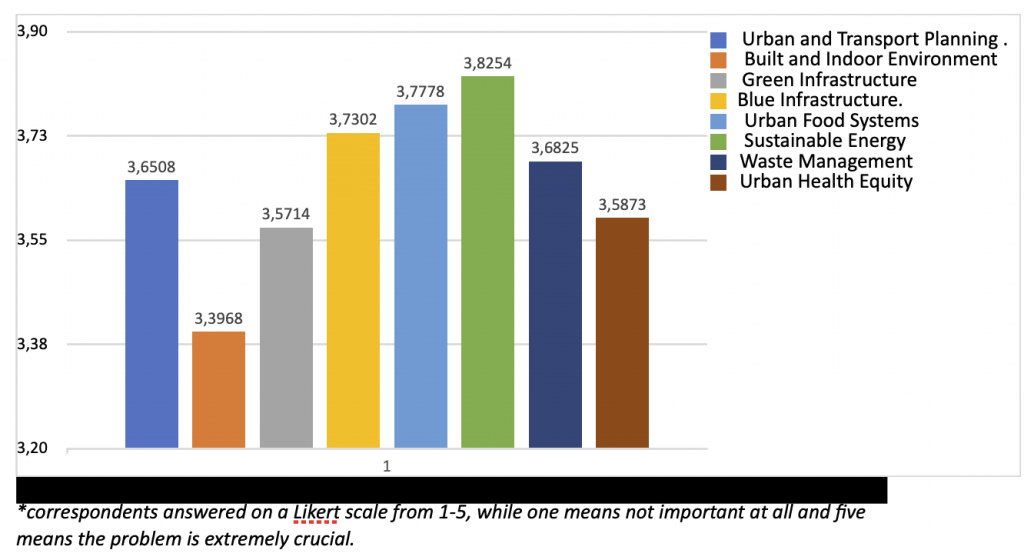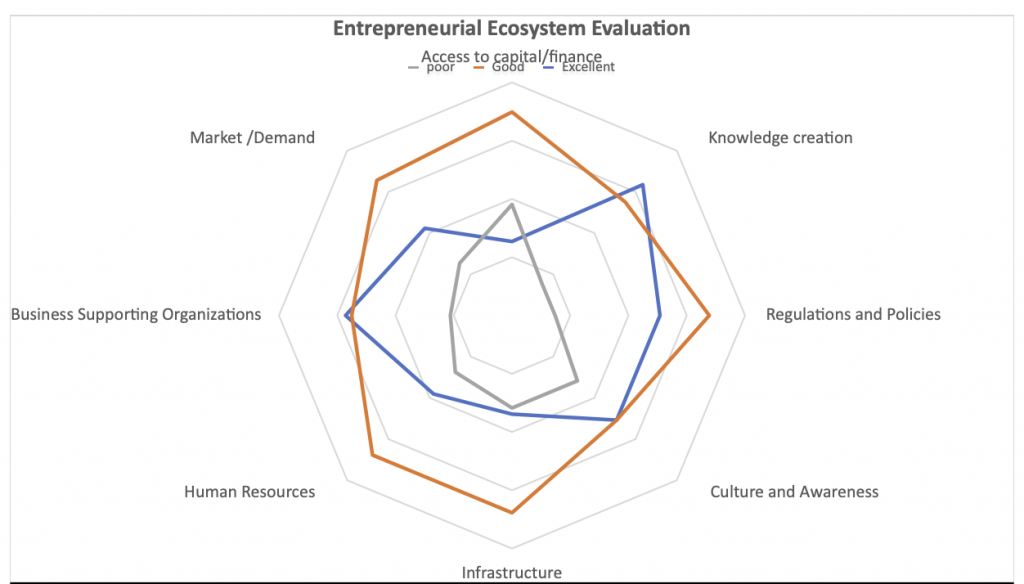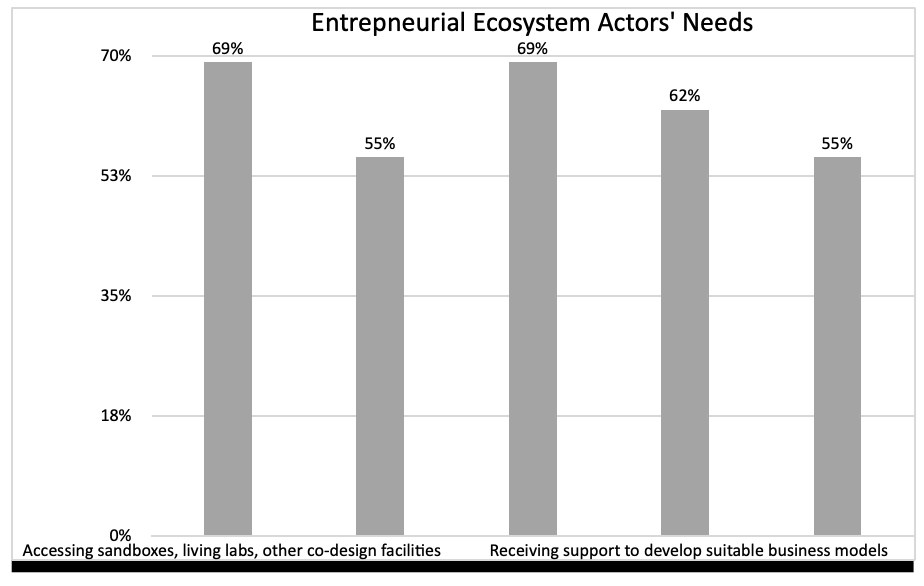U-SOLVE in Egypt presents the results of the survey carried out on the needs of Alexandria's entrepreneurial ecosystem

The only way to solve the major challenges of urban sustainability is to work in collaboration with all of the urban ecosystem’s actors. This is why U-SOLVE’s Egyptian partner, Academy of Scientific Research and Technology, carried out a survey of local urban entrepreneurial ecosystems in the city of Alexandria which aimed to understand and define the most important urban challenges, assess the entrepreneurial ecosystem’s current performance and highlight the main needs of the ecosystem’s actors. In this first phase (more in-depth conversations with actors will follow), the survey has allowed us to interview 63 actors who variously represent the academic world, organisations that support businesses, private businesses and funding institutions.
The survey’s results show that the city of Alexandria is engaged in addressing a set of urban sustainability challenges, particularly when it comes to issues regarding sustainable energy production and blue infrastructure. Cities are among the places that are most vulnerable to the effects of climate change, especially when it comes to floods and heat waves. Green and blue infrastructures count as strategies that mitigate climate change and adapt to it as they improve the quality of environments and ecologies in densely built-up areas. The data from the survey also demonstrates the need to create an urban food system: urban areas face a serious challenge when it comes to providing their residents with healthy, affordable, safe and sustainably produced food. A key issue that needs to be resolved is that of poorly planned urban food environments. These push citizens, particularly children, to eat packaged foods which are high in calories, sugar, salt and saturated fat—foods that lead to obesity and diet-related diseases. Other important challenges are shown in the figure below:

In general, the urban ecosystem in Alexandria is functioning on a good level in terms of knowledge creation, availability of finance, business support services, human resources, etc., as shown in the figure below.

That said, the ecosystem actors interviewed for the survey have declared that different support schemes are needed so that they can improve their sustainable performance. The most urgently needed schemes are co-design structures that address the needs and requirements of citizens and public and private representatives with one solution. Another important finding from the survey is that more opportunities that generate change are needed from international collaborative projects as shown in the figure below








